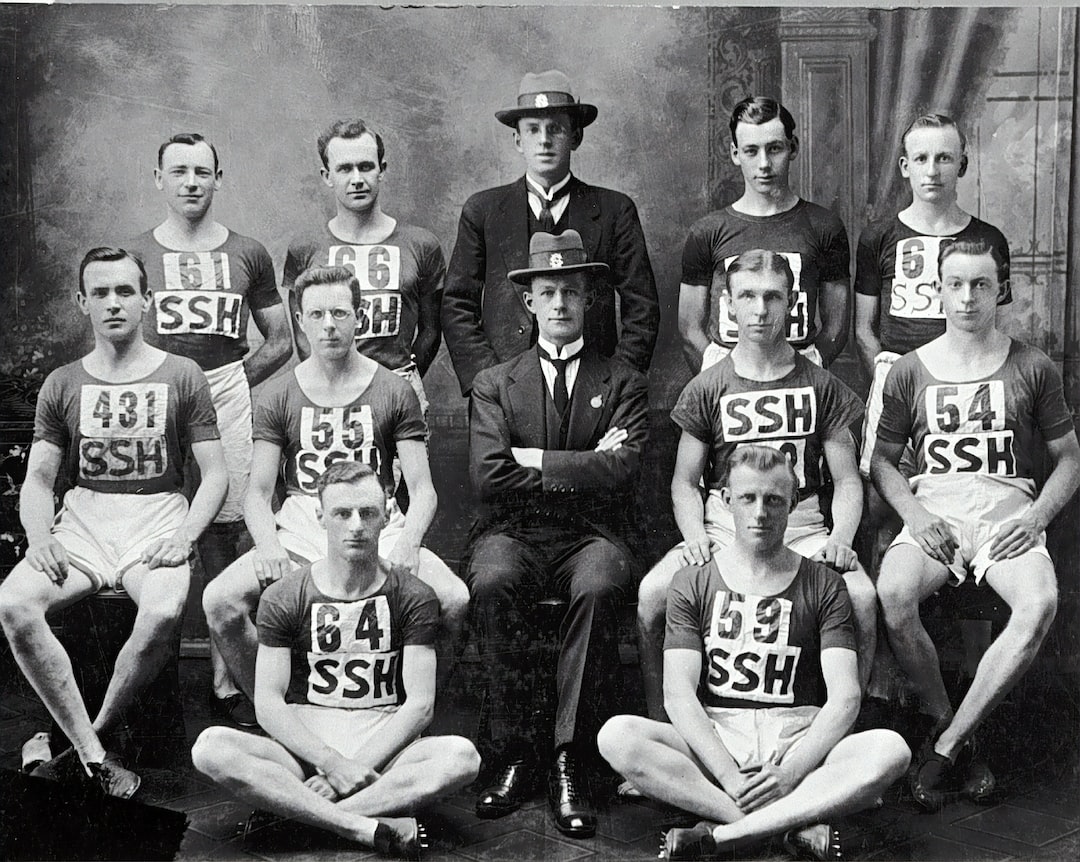Fueling Your Performance: Nutrition Tips for Athletes
As an athlete, you understand the importance of proper nutrition to achieve peak performance. What you eat plays a significant role in fueling your body and enhancing your abilities on the field, track, or court. In this blog post, we will explore some essential nutrition tips that will help you take your athletic performance to the next level.
1. Prioritize Macronutrients:
One of the key components of an athlete’s diet is macronutrients, including carbohydrates, proteins, and fats. Carbohydrates are your body’s primary source of energy, so be sure to include complex carbohydrates such as whole grains, fruits, and vegetables in your meals. Proteins aid in muscle repair and recovery, so include lean sources like chicken, fish, legumes, and low-fat dairy products. Lastly, don’t neglect healthy fats, found in avocados, nuts, and olive oil, as they are crucial for hormone production and energy storage.
2. Stay Hydrated:
Hydration is often underestimated but plays a vital role in maintaining athletic performance. Dehydration can lead to fatigue, decreased concentration, and muscle cramps. It’s crucial to drink enough water throughout the day, especially before, during, and after training or competition. Aim for at least 8 cups (64 ounces) per day, or more if you engage in intense physical activity.
3. Eat Frequent and Balanced Meals:
To maintain optimal energy levels, it’s important to eat frequent and well-balanced meals throughout the day. Aim for three main meals and 2-3 snacks in between to keep your blood sugar levels stable. Each meal should include a good mix of macronutrients, as mentioned earlier, along with a variety of colorful fruits and vegetables to provide essential vitamins and minerals.
4. Timing is Key:
Timing your meals and snacks correctly is crucial for fueling your workouts and promoting muscle recovery. Before exercise, it’s important to consume a meal or snack rich in carbohydrates for readily available energy. After exercise, focus on consuming a combination of protein and carbohydrates to aid in muscle repair and glycogen replenishment. Ideally, aim to eat a meal or snack within 30 minutes to 1 hour post-workout.
5. Supplement Wisely:
While it’s always best to obtain nutrients from whole foods, supplements can be a valuable addition to your diet, especially for athletes engaging in high-intensity training. However, consult with a registered dietitian or sports nutritionist before incorporating any supplements into your routine. Some popular supplements for athletes include whey protein, creatine, omega-3 fatty acids, and vitamin D.
6. Don’t Forget About Recovery:
Nutrition plays a vital role in recovery and preventing injuries. To enhance muscle repair and recovery, make sure to consume a balance of carbohydrates and protein after every training session. Additionally, prioritize foods rich in antioxidants, such as berries and leafy greens, to reduce inflammation and support overall recovery.
7. Listen to Your Body:
Everyone’s nutritional needs are different, so it’s crucial to listen to your body and adjust accordingly. Experiment with different foods and meal timings to determine what works best for you. Additionally, pay attention to any food intolerances or sensitivities that may impede your performance. A food diary can be a valuable tool in identifying potential issues.
In conclusion, nutrition is an integral part of an athlete’s success and should not be overlooked. By prioritizing macronutrients, staying hydrated, eating frequent balanced meals, and timing your nutrition correctly, you can fuel your body for optimal athletic performance. Additionally, supplementing wisely and focusing on recovery will aid in muscle repair, prevent injuries, and support overall well-being. Remember to listen to your body and seek individualized advice from a qualified professional to maximize your athletic potential through nutrition.

